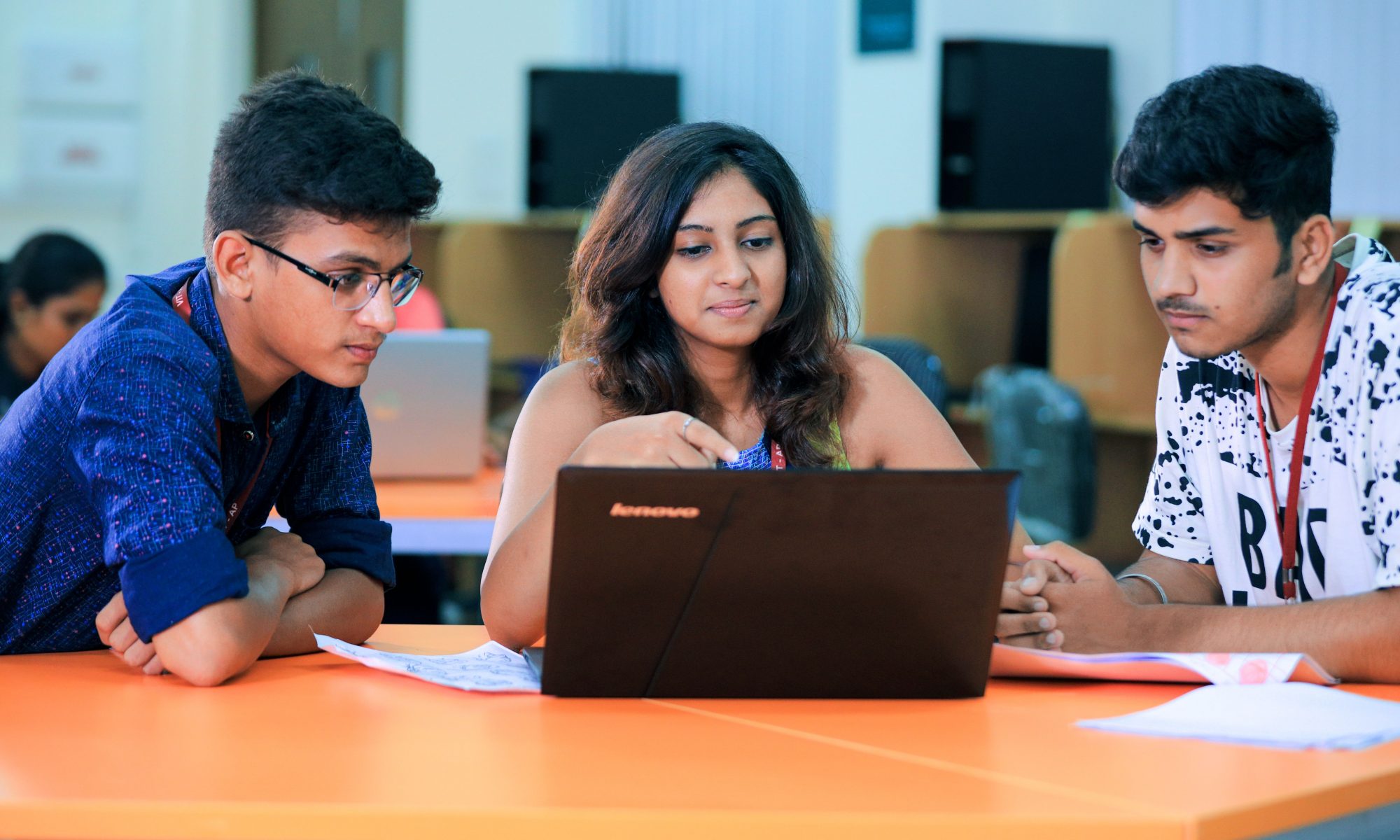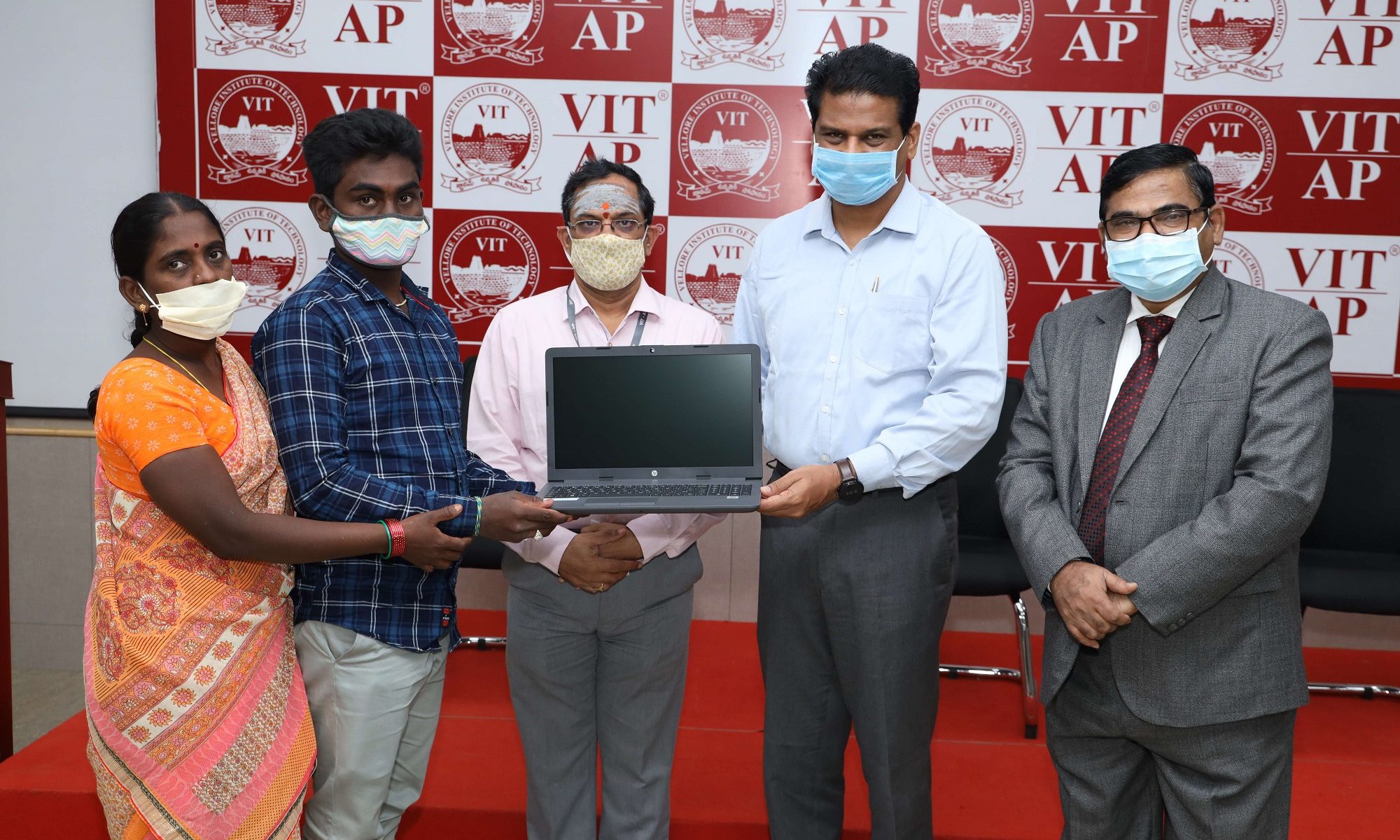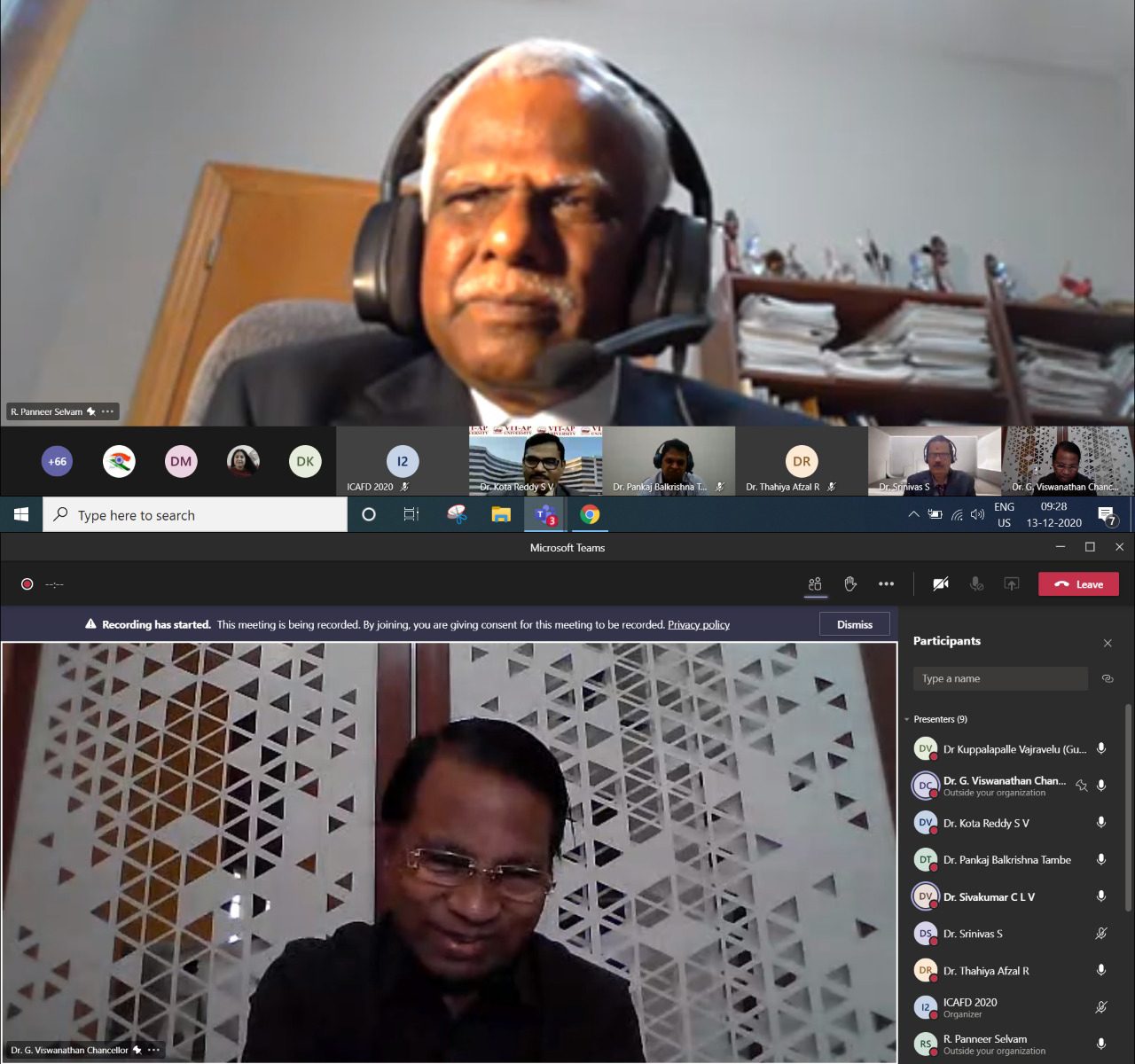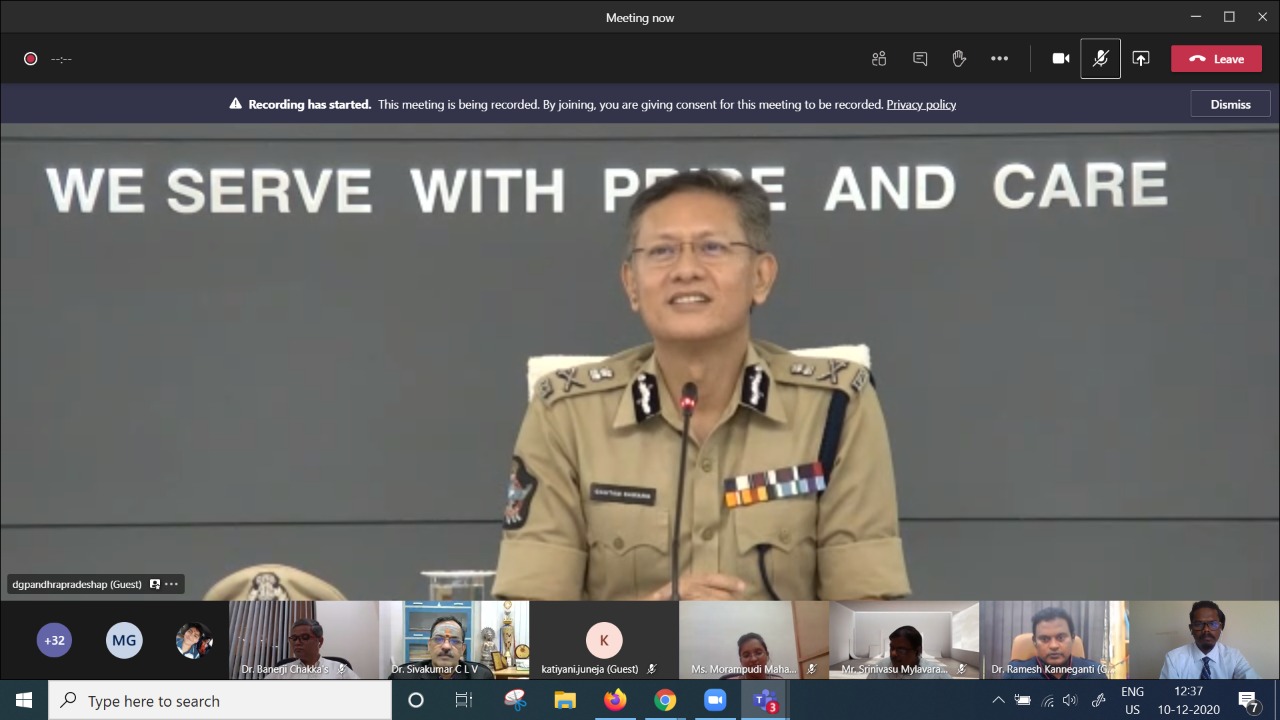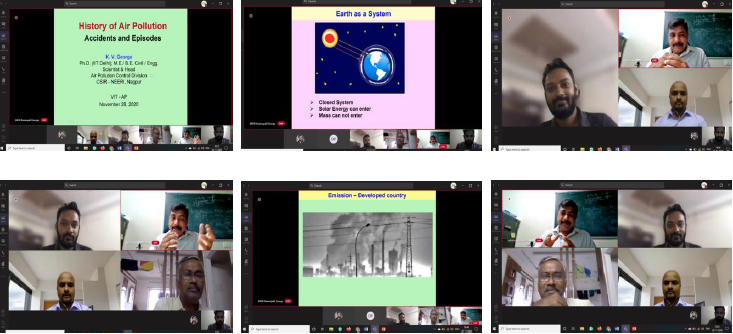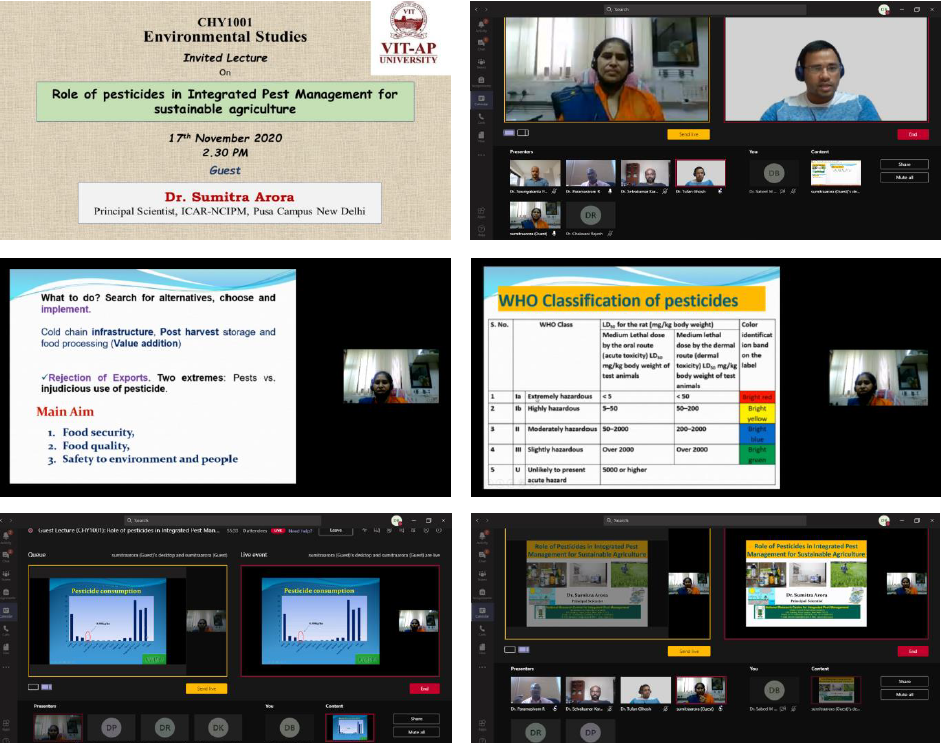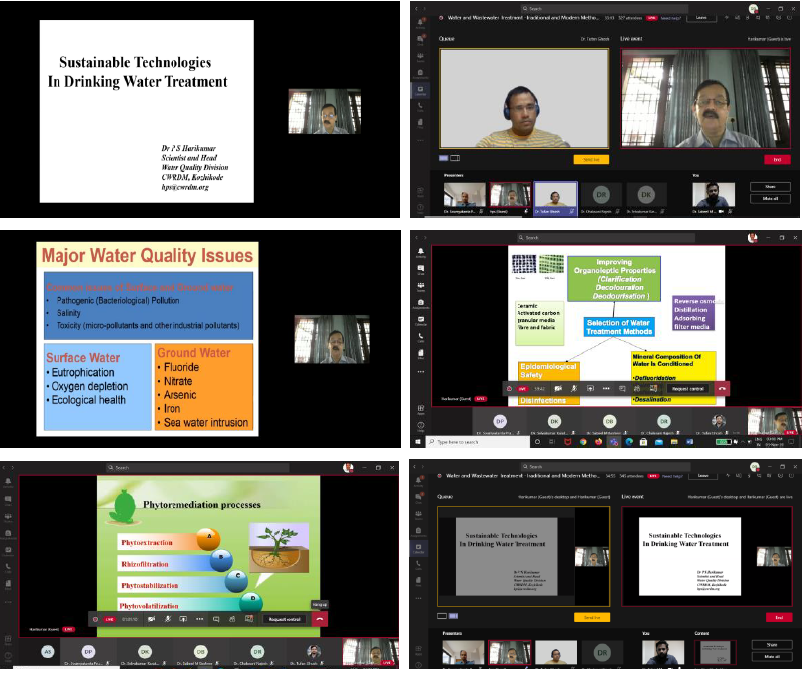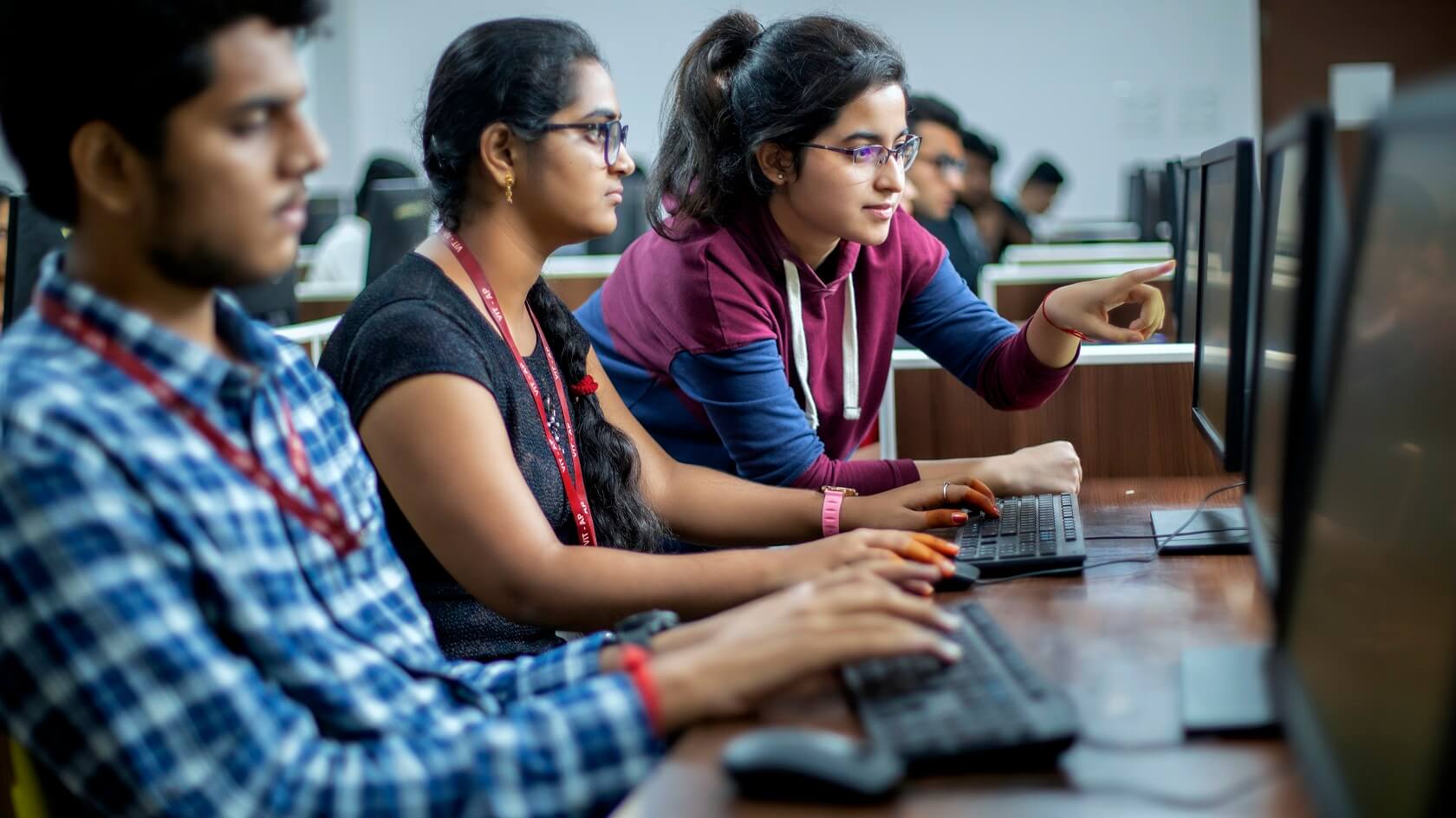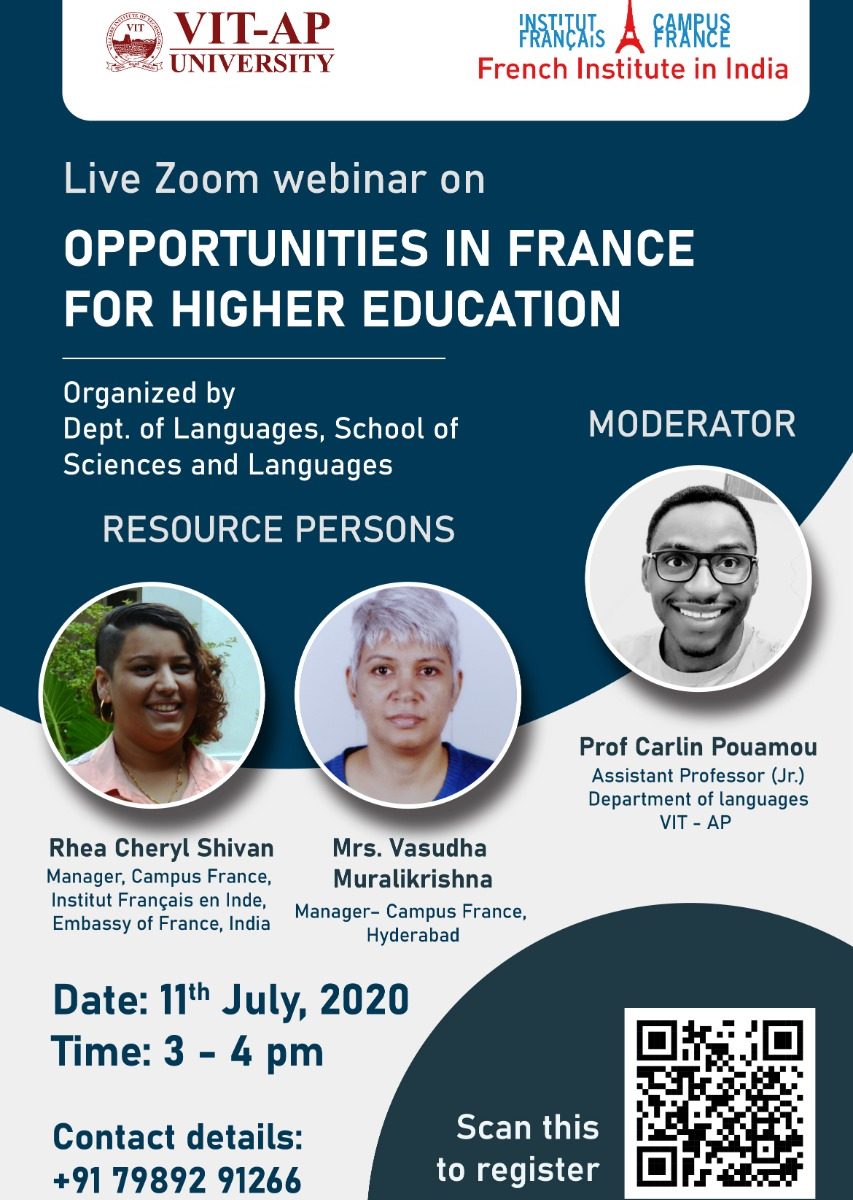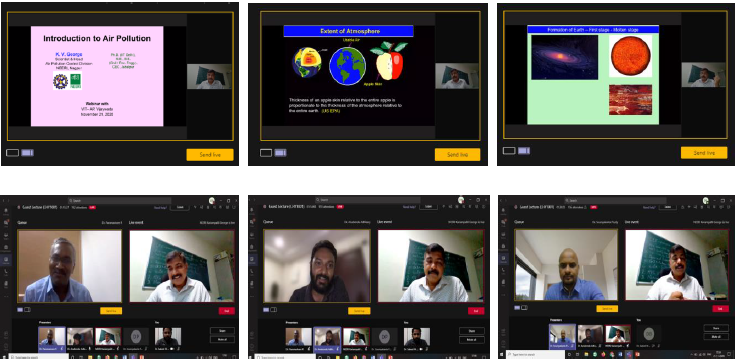About the Programme
The Computer Science and Engineering programme at VIT-AP is a unique blend of hardware and software, allowing students to gain knowledge about the concepts that enable many of today’s fundamental technologies, including Wireless Communication and the Internet of Things.
The initial level courses provide students with a core foundation in programming, mathematical reasoning, physics, and circuit design. The latter part blends fundamentals in computer science including software engineering, database management system, computer networks, operating systems, and computer architecture with fundamentals in electrical engineering including digital logic design and embedded systems.
Elective courses allow students to specialize in advanced areas of computer science. In this programme, you will gain hands-on experience in the theory and application of computing, as well as practical experience through Engineering Clinics, Capstone Project, and Internship. Students pursuing computer science courses will acquire knowledge of the design, implementation, and management of information systems of both hardware and software. You will, further, learn to use computing and information technology to help solve existing and potential real-world problems that we face in business, science, and society.
Eligibility
Nationality
- The applicant should be a Resident / Non-Resident Indian National / PIO / OCI.
- NRI applicants can directly apply under ‘NRI Category’ through NRI application form. (https://vit.ac.in/admissions/international/overview)
- Foreign applicants who studied/studying abroad can apply directly through the International application form.(Will be available shortly)
Age Limit
- Applicants whose date of birth falls on or after 1st July 2002 are eligible to apply for Engineering admission 2024.
- The date of birth as recorded in the High School / SSC / X Certificate will be considered authentic.
- Applicants should produce this certificate in original as proof of their age at the time of counseling/admission, failing which their candidacy for admission will be disqualified.
Application Process
Fee
FEE STRUCTURE |
| Tuition Fees (Per Annum) | INR 1,95,000 * |
| Caution Deposit (Refundable) | INR 3,000 |
| Total fees to be paid for first year | INR 1,98,000 |
(*after concession)
Key Features
- 1. One of the largest departments in terms of number of faculty and students
- 2. Best-in-class infrastructure and faculty profile.
- 3. Curriculum is designed to facilitate students to pursue higher education in India and abroad.
Career Prospectus
Students can either opt for higher studies and carry out research or find a job after the successful completion of B.Tech. in Computer Science and Engineering.
In today’s world, a career in the IT industry is considered to be lucrative because of its high paid jobs and challenging as it offers a competitive environment for career advancement. There are ample opportunities in the areas of database management, data analytics, embedded systems, IoT, computer hardware/software implementation, and maintenance, gaming, web designing, and other related domains.
Students can work in various sectors including public and private as programmers, software developers, data analysts, software and system engineers, system analysts, web designers, website developers, mobile application developers, etc to name a few.
Design Your Own Degree (DYOD)
Specialization | Minors | Double Major |
Artificial Intelligence and Machine Learning | VLSI | Electronics & Communication Engineering |
Data Analytics | Image and Video Processing | Mechanical Engineering |
Cyber Security | Embedded Systems | Applied Science |
Edge Computing | Internet of Things (IoT) | Business Management |
Software Engineering | Electronics & Comm. Engineering | Economics |
Geo Informatics | Electric Vehicle Technology | Digital Humanities |
Blockchain | Digital Manufacturing | Media and Communication |
| Automotive Design | |
| Robotics | |
| Mechanical Engineering | |
| FinTech | |
| Digital Marketing | |
| Econometrics | |
| Performing Arts | |
| Computational Mathematics | |
| Corporate Law | |
Know Your Opportunity
The career opportunities include Database Designers, System Analysts, Web Developers, Application Developers, Software Engineers, Full Stack Developer, Data Analytics, Data Scientist, Business Analyst/Business Intelligence Analyst, Information Security Analyst, Technical Risk Analyst, Cloud Computing Professionals, UI/UX Designer etc.,
Programme Outcomes
After successful completion of the program a student is expected to have abilities to:
PO1. Engineering knowledge: Apply the knowledge of mathematics, science, engineering fundamentals, and an engineering specialization to the solution of complex engineering problems.
PO2. Problem analysis: Identify, formulate, research literature, and analyse complex engineering problems reaching substantiated conclusions using first principles of mathematics, natural sciences, and engineering sciences.
PO3. Design/development of solutions: Design solutions for complex engineering problems and design system components or processes that meet the specified needs with appropriate consideration for the public health and safety, and the cultural, societal, and environmental considerations.
PO4. Conduct investigations of complex problems: Use research-based knowledge and research methods including design of experiments, analysis and interpretation of data, and synthesis of the information to provide valid conclusions.
PO5. Modern tool usage: Create, select, and apply appropriate techniques, resources, and modern engineering and IT tools including prediction and modelling to complex engineering activities with an understanding of the limitations.
PO6. The engineer and society: Apply reasoning informed by the contextual knowledge to assess societal, health, safety, legal and cultural issues, and the consequent responsibilities relevant to the professional engineering practice.
PO7. Environment and sustainability: Understand the impact of the professional engineering solutions in societal and environmental contexts, and demonstrate the knowledge of, and need for sustainable development.
PO8. Ethics: Apply ethical principles and commit to professional ethics and responsibilities and norms of the engineering practice.
PO9. Individual and teamwork: Function effectively as an individual, and as a member or leader in diverse teams, and in multidisciplinary settings.
PO10. Communication: Communicate effectively on complex engineering activities with the engineering community and with society at large, such as, being able to comprehend and write effective reports and design documentation, make effective presentations, and give and receive clear instructions.
PO11. Project management and finance: Demonstrate knowledge and understanding of the engineering and management principles and apply these to one’s own work, as a member and leader in a team, to manage projects and in multidisciplinary environments.
PO12. Life-long learning: Recognize the need for and have the preparation and ability to engage in independent and life-long learning in the broadest context of technological change.
Programme Educational Objectives
The main educational objectives of the B.Tech.–CSE programme are to:
PEO1: prepare students with good scientific and engineering knowledge to analyse, design and create products, and provide solutions to problems in Computer Science and Engineering.
PEO2: inculcate in students professional approach, effective communication skills, teamwork, multidisciplinary approach, and an ability to relate engineering issues to broader social context and to acquire professional excellence in national and multinational organizations.
PEO3: prepare students to be aware of excellence, leadership, code of ethics, guidelines and lifelong learning needed for successful professional career by providing them with an excellent academic environment.
PEO4: provide engineering insights to problem solving to succeed in technical professions through precise education and to prepare students to excel in master’s programmes and research.
Programme Specific Outcome
After successful completion of the program a student is expected to have specific abilities to:
PSO1: apply basic principles and practices of computing grounded in mathematics and science to successfully develop a solution to real-world problems in computer science and engineering with software related projects as per the appropriate software life cycle model and to meet customer business objective(s).
PSO2: demonstrate an ability to use techniques, skills, and modern computing tools to implement and organize computing works under given constraints using parallel computing, cloud computing, and other allied areas.
PSO3: exhibit knowledge of current pedagogical techniques, contemporary trends in technology, hands-on laboratory experiences as received from the academic experience here and/or productively engage in research.
FAQs
1. Is there any International Opportunities available for the CSE Core students ?
A. Yes, The International Relations Cell of VIT-AP University have a partnership agreement exclusively with foreign universities. The scope of the agreements would in general be faculty and student exchange, joint research collaboration and conference organization, short term courses/workshops/seminars.
2. Can I get an option to specialize in a domain after taking up the major as CSE Core?
A. We have several core courses in the curriculum for the students and apart from that there is a flexibility given to the core students to take up the elective courses to specialize in their desired domain.
VIDEOS
Contact Us
Dr. G.Muneeswari
Professor & HOD
Department of Data Science and Engineering
VIT-AP University, Amaravathi, Andra Pradesh
hod.dse@vitap.ac.in

